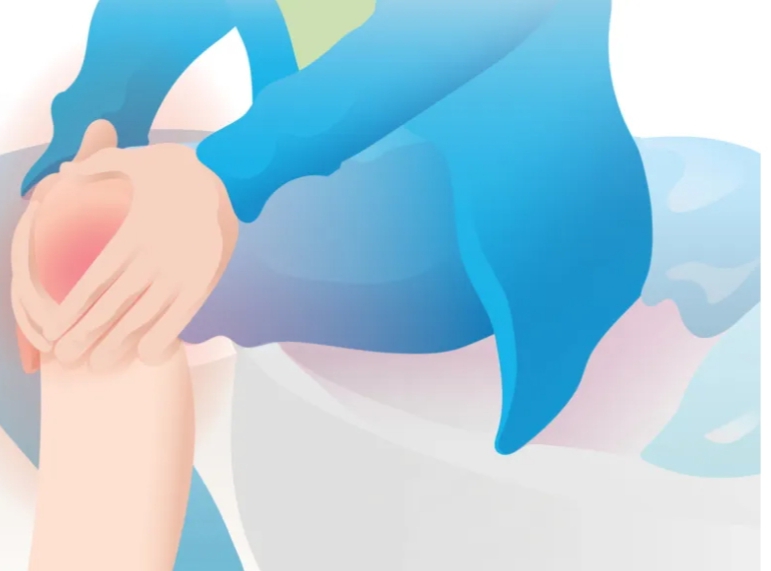
Causes of Throbbing Knee Pain at Night
Knee pain is a frequent complaint, and many individuals suffer from insomnia as a result of it. A hurting or aching knee can keep you from getting a good night’s sleep, leaving you weary. Uncertainty about the cause adds to the frustration.
This article will explain the reasons of knee pain, why it frequently gets worse at night, and what you may do to feel better.
Knee throbbing aches can be caused by a number of musculoskeletal disorders or accidents, thus there is no single explanation. As a result, your doctor may look into a variety of possibilities.
Runner’s knee, osteoarthritis, bursitis, and traumas are some of the most common causes of nighttime knee pain. Some of these disorders, such as runner’s knee, may improve with rest. Others, such as osteoarthritis, are chronic.
Your health care provider can provide you the treatment you need to sleep better after a proper diagnosis.
Runner’s Knee
One of the most common causes of knee pain in athletes is runner’s knee. You may experience an ache behind your kneecap if you experience it. Many people with this ailment have symptoms like dull or radiating pain near their knee or a grinding sensation near their kneecap.
The reasons of runner’s knee are numerous. You may have overexerted your knee by jumping rather than running, for example. Some people are more likely to acquire runner’s knee because their kneecap isn’t appropriately positioned to cover and protect the joint.
Runner’s knee symptoms usually go away after a few weeks of relaxing from hard activity and taking as-needed over-the-counter pain medicines.
Bursitis
Bursitis causes a painful swelling above or to the side of your kneecap. There are small sacs of fluid in your knee that help tendons glide smoothly over your joints. These sacs are known as bursae. These fluid-filled sacs enlarge in bursitis, causing knee pain.
Bursitis can be caused by a variety of factors. Putting too much pressure on your knee, such as by kneeling or squatting without knee pads or braces for support, is the most prevalent cause of bursitis. When you bump your knee during an injury, a bursa might become inflamed.
Overexertion, like runner’s knee, is a common cause of bursitis. Bursitis, on the other hand, is less frequent than runner’s knee.
This ailment also has symptoms that are separate from runner’s knee, such as swelling. The inflamed bursa may become evident as a bump on your knee in mild to severe situations. Bursitis symptoms can include painful, heated aches.
Other Knee Injuries and Conditions
The knee is the largest joint in the body, making it vulnerable to injury and strain. You may have pain from bruising if acquire an injury. You may suffer weakness, intense pain, or deep throbbing sensations if any of the three bones in your knee have been shattered.
Rheumatoid arthritis has symptoms that are similar to osteoarthritis, but it is an inflammatory disease that may require different therapies than joint degeneration produced by normal aging wear and tear.
Overexertion can result in knee pain. Even though it is not necessarily caused by running, it is known as runner’s knee. Rest is frequently the solution in these situations. Chronic illnesses such as bursitis, osteoarthritis, and rheumatoid arthritis can all cause knee pain.
The Bottom Line
When you have a chronic condition like arthritis, nighttime knee discomfort might feel like a never-ending, grueling cycle. Fortunately, you can collaborate with your doctor to develop a treatment plan that is tailored to your needs.
